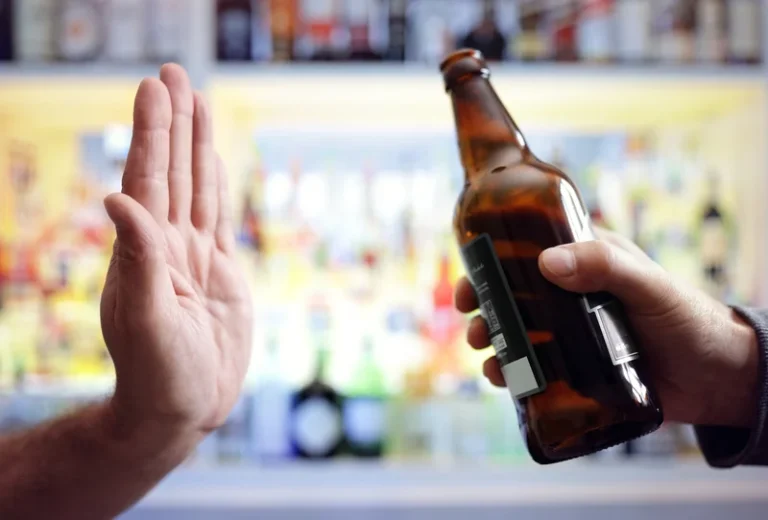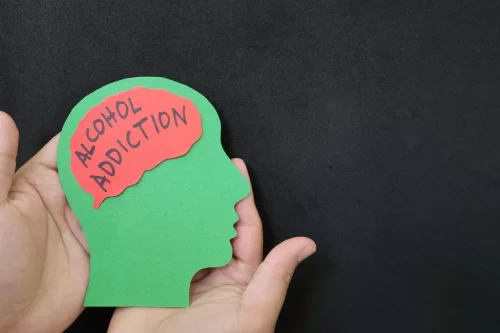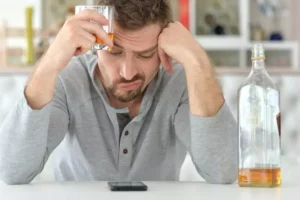If you did sleep with someone, you may not remember if you gave consent, if your partner was violent, or if you used protection. And if something terrible did occur, not knowing would prevent you from getting the medical care you need. Set on 50 rolling acres in the Scottish countryside, they offer bespoke, discreet treatment for alcohol and drug addiction with holistic treatment.
About the Acting NIMH Director
- Treatment for co-occurring PTSD and alcohol use disorders may include both individual therapy and group therapy.
- Are there particular traumatic experiences that provide some resilience against developing AUD?
- Any traumatic event can cause PTSD, whether there is a threat to the physical, emotional, or social safety of yourself or someone else.
- These cues could come in the form of texts, pictures or conversations with people who were present while you were blacked out.
- Some individuals may experience blackouts rarely, perhaps only in response to specific, intense triggers.
- Get professional help from an addiction and mental health counselor from BetterHelp.
The PANAS has been validated in a college student sample (Watson, Clark, & Tellegen, 1988), and Cronbach’s alpha for the Negative Affect scale for this sample was .89. Excessive alcohol use isn’t the only thing that can cause blackouts or brownouts. Substance misuse on its own or with alcohol can increase your likelihood of experiencing a blackout.

Support our journalism
Clinical trials are research studies that look at new ways to prevent, detect, or treat diseases and conditions. The goal of clinical trials is to determine if a new test or treatment works and is safe. Although individuals may benefit from being part of a clinical trial, participants should be aware that the primary ptsd alcohol blackout purpose of a clinical trial is to gain new scientific knowledge so that others may be better helped in the future. Not everyone who lives through a dangerous event develops PTSD—many factors play a part. Some of these factors are present before the trauma; others become important during and after a traumatic event.
- This, in turn, can lead to increased risky behaviors, like violent physical outbursts or drunk driving.
- Take our short alcohol quiz to learn where you fall on the drinking spectrum and if you might benefit from quitting or cutting back on alcohol.
- Then, the patient might participate in a group CBT session to explore internal and external triggers that lead them to drink alcohol in excess.
Pair complete 100km walk for mental health charity
We understand mental health challenges firsthand and support your pursuit of well-being with compassion. Whether it’s connecting you with the right therapist or supporting you through difficult times, we embrace you as part of our community. Researchers at NIMH and around the country https://ecosoberhouse.com/ conduct many studies with patients and healthy volunteers. We have new and better treatment options today because of what clinical trials uncovered years ago. Talk to your health care provider about clinical trials, their benefits and risks, and whether one is right for you.
Its mission involves educating, supporting, and empowering people in their pursuit of well-being. Unfortunately, as discussed in the next section, alcohol exacerbates PTSD symptoms. Moreover, each condition comes with its own set of distressing symptoms, so the situation can be quite tenuous when they occur together. While PTSD does not appear to cause alcoholism, physiological mechanisms might make alcoholism more likely to develop when PTSD is also present. People should work with their health care providers to find the best medication or combination of medications and the right dose.

Conditional disorders
Short-term memory is sometimes called scratchpad memory—it records events for only about three minutes before they fade. Blackouts commonly happen after high-intensity drinking, when you have at least twice as many drinks per hour more than binge drinking (8+ drinks in 2 hours for women, 10+ for men). Binge and high-intensity drinking lead to blackouts because your blood-alcohol level rises too fast.


The consistent association between PTSD and AUD has led to debate about which condition develops first. One theory is that individuals with PTSD use alcohol and other substances to numb their symptoms and later develop AUD or SUD. It’s common for people who experience PTSD to also struggle with alcohol abuse or abuse of other substances. Many people who experience a traumatic event may use alcohol as a means to cope with experiencing extreme stress. Cultural competence in mental health care is essential for providing effective support to individuals from diverse backgrounds who are experiencing PTSD blackouts. This includes understanding cultural attitudes towards mental health, recognizing culturally specific expressions of distress, and incorporating culturally appropriate healing practices into treatment plans when appropriate.
